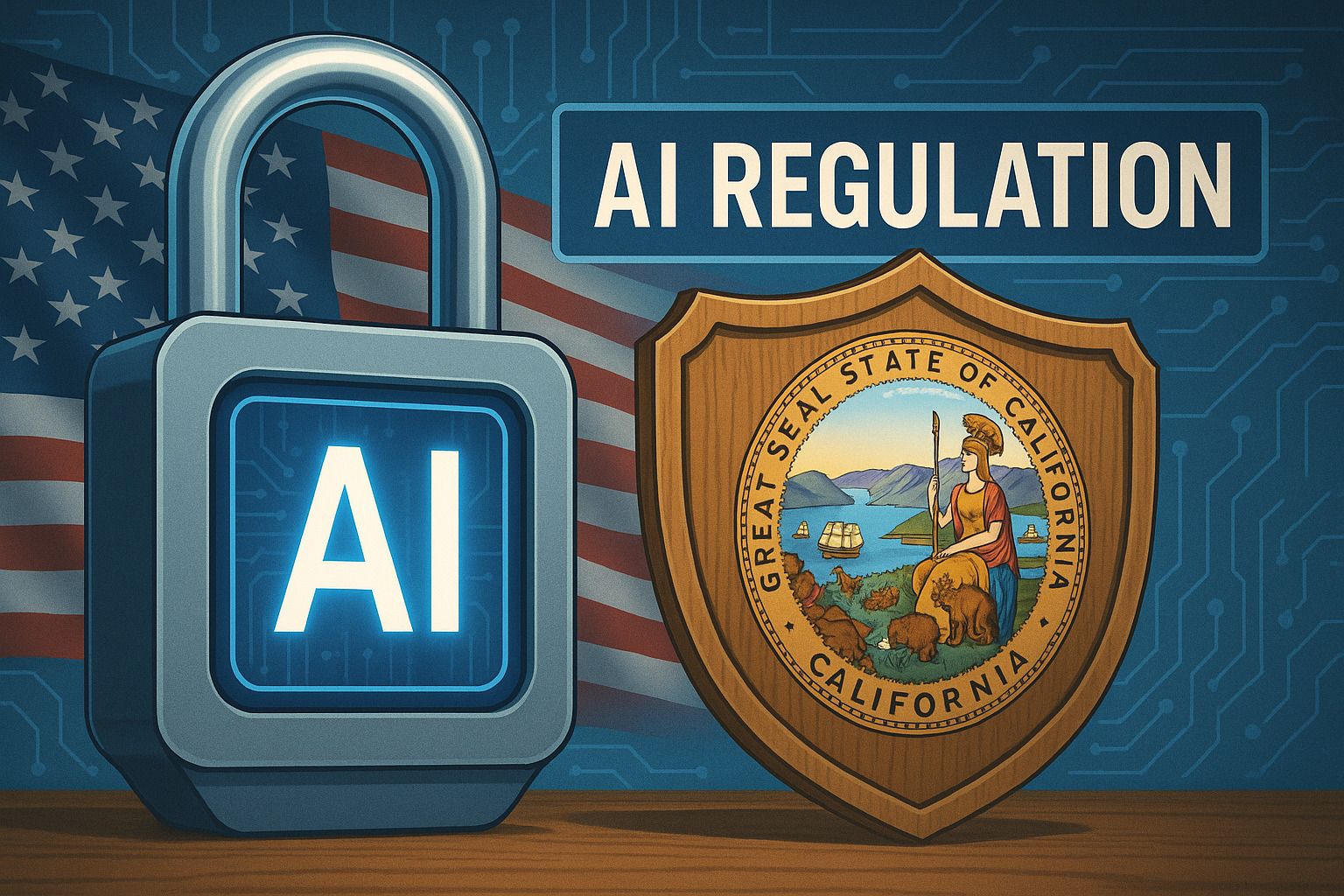
CYBER SYRUP
Delivering the sweetest insights on cybersecurity.
Turn AI Into Your Income Stream
The AI economy is booming, and smart entrepreneurs are already profiting. Subscribe to Mindstream and get instant access to 200+ proven strategies to monetize AI tools like ChatGPT, Midjourney, and more. From content creation to automation services, discover actionable ways to build your AI-powered income. No coding required, just practical strategies that work.
California Passes Landmark AI Safety Law

California has taken a significant step toward regulating artificial intelligence (AI). On Monday, Governor Gavin Newsom signed into law a measure designed to prevent powerful AI systems from being misused for catastrophic purposes—such as developing biological weapons or disrupting critical infrastructure. The legislation positions California as a national leader in AI governance at a time when federal action remains limited.
The Purpose of the Law
The new law requires AI companies to implement and publicly disclose safety protocols for their most advanced models. These requirements apply to AI systems that meet a “frontier” threshold, determined by the immense computing power used to train and operate them.
The legislation defines a catastrophic risk as any event causing at least $1 billion in damage or resulting in more than 50 injuries or deaths. Examples include hacking into a power grid or manipulating the banking system.
By setting clear standards, the law aims to balance public safety with the need for ongoing innovation in California’s thriving AI industry.
Key Provisions
Safety Protocols: Companies must establish safeguards to prevent misuse of advanced AI systems.
Incident Reporting: Critical safety incidents must be reported to the state within 15 days.
Whistleblower Protections: AI workers receive legal protections when reporting misconduct.
Research Support: The law creates a public cloud for researchers to test and evaluate AI models.
Penalties: Companies face fines of up to $1 million per violation.
Importantly, the legislation exempts smaller startups from some reporting requirements to avoid stifling innovation.
Industry and Political Reactions
The law has sparked mixed responses:
Support: Companies like Anthropic praised the regulations as “practical safeguards” that formalize safety practices already in use.
Criticism: Some technology firms argue that AI rules should be established at the federal level to avoid a patchwork of state laws.
Governor Newsom emphasized that California can protect communities while ensuring the industry thrives. State Senator Scott Wiener, the bill’s author, added that the law reaffirms California’s role as a global leader in both technology innovation and safety.
Federal Context
The law comes amid broader debates about AI regulation in the United States.
President Donald Trump has pledged to roll back “onerous” rules to accelerate AI development.
Republicans in Congress attempted, unsuccessfully, to block states from passing their own AI laws.
Without federal standards, states like California have taken the initiative, passing laws on issues ranging from deepfakes in elections to AI tools in workplaces.
Looking Ahead
California is not just regulating AI—it is also an early adopter. The state has deployed AI to help detect wildfires, improve road safety, and address traffic congestion. With this new law, California aims to demonstrate that it is possible to embrace AI innovation while proactively addressing the risks posed by frontier models.

